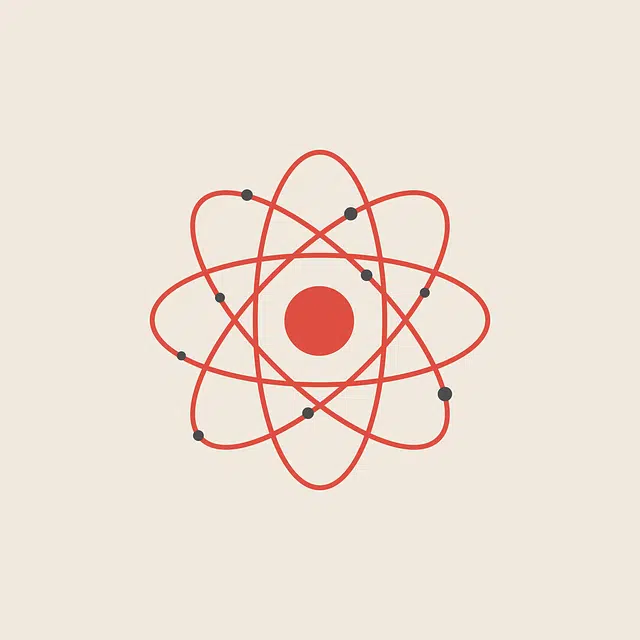
An atom is a particle.
Interesting, in order to know what it means, is that first of all we establish the etymological origin of the term particle. Specifically, we can say that it derives from Latin, from the word "particle", which is composed of two clearly differentiated elements: "par, partis", which can be translated as "part", and the suffix "-cula", which is equivalent to "small."
Particle is a concept with several uses. It is generally used to name a very small portion of matter .
What is a particle according to chemistry
For chemistry , a particle is the smallest fragment of matter that maintains the chemical properties of a body. In this sense, atoms and molecules are particles.
When a particle is not made up of other smaller units, it is called an elementary particle . These particles constitute the most basic and primordial element of matter.
The concept in physics
The specialty of physics that is responsible for analyzing these elementary units that make up matter is called particle physics . This branch is responsible for the study of issues such as particle accelerators , which are machines that cause particle collisions to generate new subatomic elements.
Within the field of physics, we could say that there are two other types of significant particles, such as the following:
• Elementary particle, which is one that is considered not to be decomposed into much simpler particles.
• Alpha particle, which is the name used to refer to the helium nucleus that is the result of some type of nuclear reaction or disintegration.

Small fragments of matter can be referred to as particles.
Other uses of the term particle
We must not forget another important series of types of particles, among which is the following: mineral particle, which is an element that can be seen with the naked eye and that gives shape to a rock, along with others. further.
In the computer science sector, the term particle that concerns us now is also used. Specifically, in this field we usually talk about a system of particles. Basically this is software that is used within application programs to animate a wide variety of objects.
In order to achieve this, we choose to put into play such important parameters as speed, strength, casual behavior or cushioning. All this without forgetting the number of particles and their division.
In the field of grammar , particles are those fragments that do not change within the framework of a sentence or that allow some words to be formed.
The notion in colloquial language
Within colloquial language, finally, the notion of particle is associated with the sediments or residues that are observed in something. If a person tells another person not to drink the glass of water in front of them because it has "particles" , they will be informing them that the liquid exhibits strange formations that should not be in it.
In a similar sense, someone may suggest washing sheets because they have numerous "dust particles" on their surface. The solution to reverse this situation and recover the cleanliness of this garment, therefore, will be to eliminate the particles.
